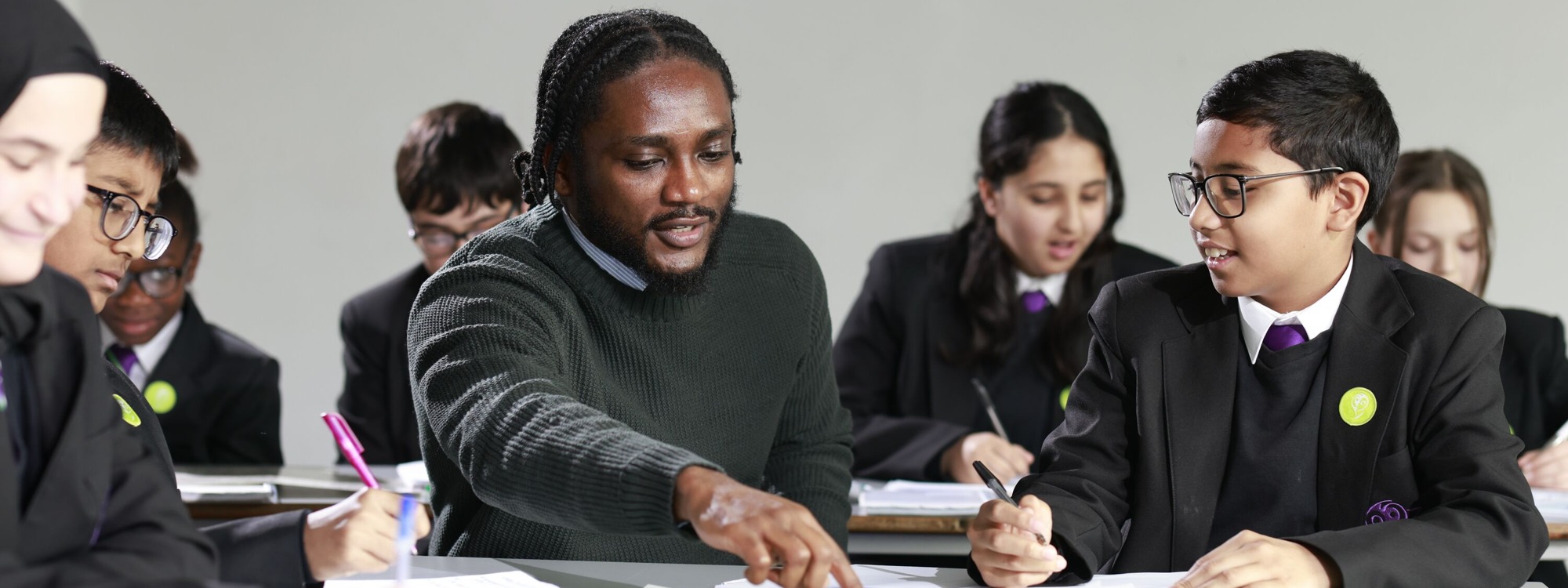Geography
In Geography, we will develop young adults who can adapt to a rapidly changing world and master their own place and space in the global community. Our students will have the knowledge and skills to evaluate current issues and become successful citizens of the world.
Our aim is to provide all students with an outstanding curriculum to allow them to become excellent geographers. As a department, we have considered the different components, which make up the unique subject that is geography. This provides the basis for our knowledge-rich curriculum, which then feeds into our planning, teaching, learning, feedback, and assessment. An example of a component in geography would be ‘Knowledge of physical processes’ which is a running theme throughout Key Stage three. Throughout the curriculum, students will build on their understanding of how different processes around the world have shaped the planet that we live on. In Year 7, this is developed on a small scale, with the scale and size of the processes learnt increasing over the key stage, until students have secure knowledge of geography.
As a department, we have also understood the threshold concepts within our subject. An example of a threshold concept throughout Key Stage 3 and Key Stage 4 would be sustainability. By actively teaching threshold concepts and purposefully integrating them into our geography curriculum design, we will improve student learning. Applying the concept more than once and at different points over the curriculum will also help students to be confident in using this key knowledge.
KS3
Our Key Stage 3 curriculum is spiralling with key themes integrated right from the beginning of Year 7. We have broadly categorised each of our topics into six areas; My World, Shrinking World, Diverse World, Threatened World, Water World and Dangerous World. Through Key Stage 4, we increase knowledge of each area, drawing on previous knowledge and expanding the depth of understanding and the scale of the learning.
As a geography department, we also believe in the importance of learning beyond the classroom. Each year group has had a unit specifically chosen to help facilitate fieldwork. This is important in terms of allowing students to bridge the gap between theory in the classroom and the reality in the world around them, further deepening their learning.
Curriculum Maps
Geography Curriculum Map - Year 7Geography Curriculum Map - Year 8Geography Curriculum Map - Year 9Geography Curriculum Map - Year 10Geography Curriculum Map - Year 11
Knowledge Organisers
Year 11
Natural HazardsNatural Hazards 5+Physical Landscapes in the UK 5+Resource Management 5+The Living World 5+Urban Issues and Challenges 5+
Exemplar Work
Homework Details
'You said, we did'
AUTUMN TERM
TERM 1
Geography - Homework Timetables - Year 7 to 11
TERM 2
Geography - Homework Timetables - Year 7 to 11
SPRING TERM
TERM 1
Geography - Homework Timetables - Year 7 to 11
Term 2
Geography - Homework Timetables - Year 7 to 11
SUMMER TERM
TERM 1
Geography - Homework Timetables - Year 7 to 11
Term 2
Contact Geography
Do you need assistance from a member of staff?
We have a team of talented, motivated staff who help deliver the best possible education to each of our students.

